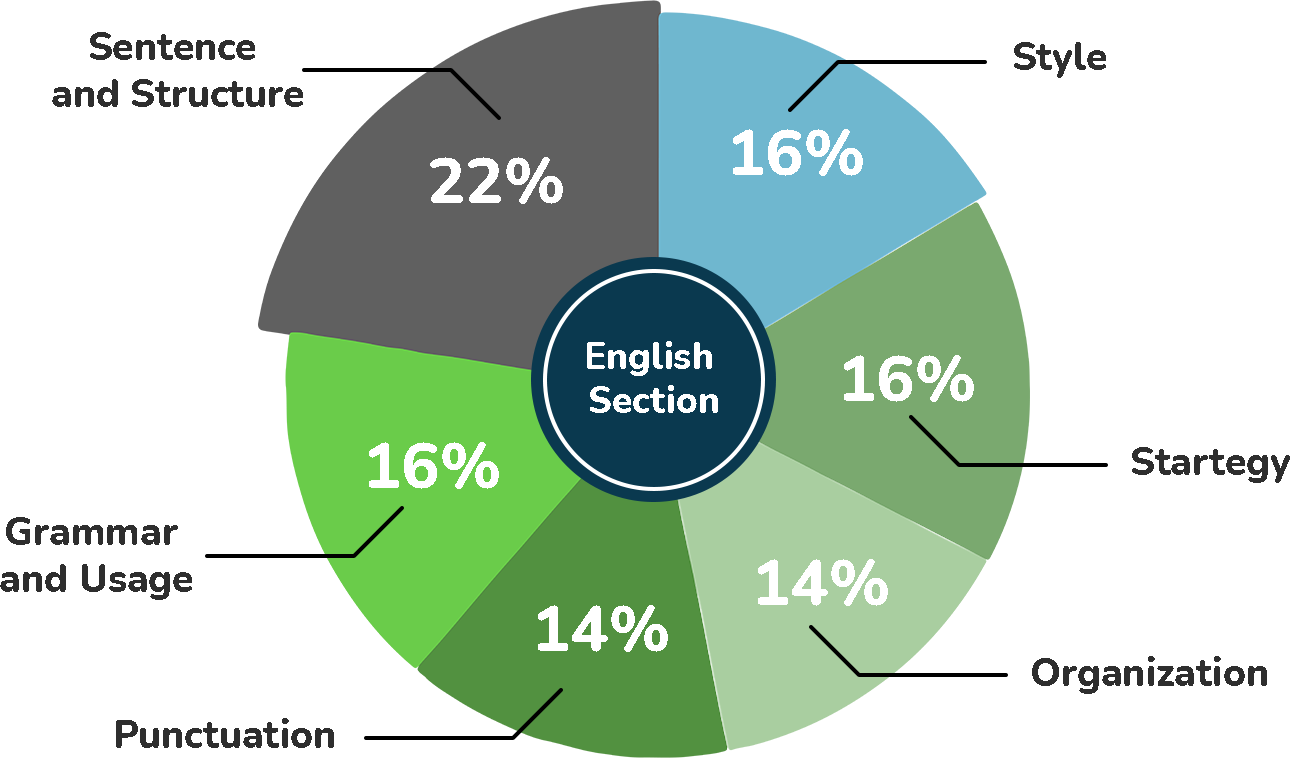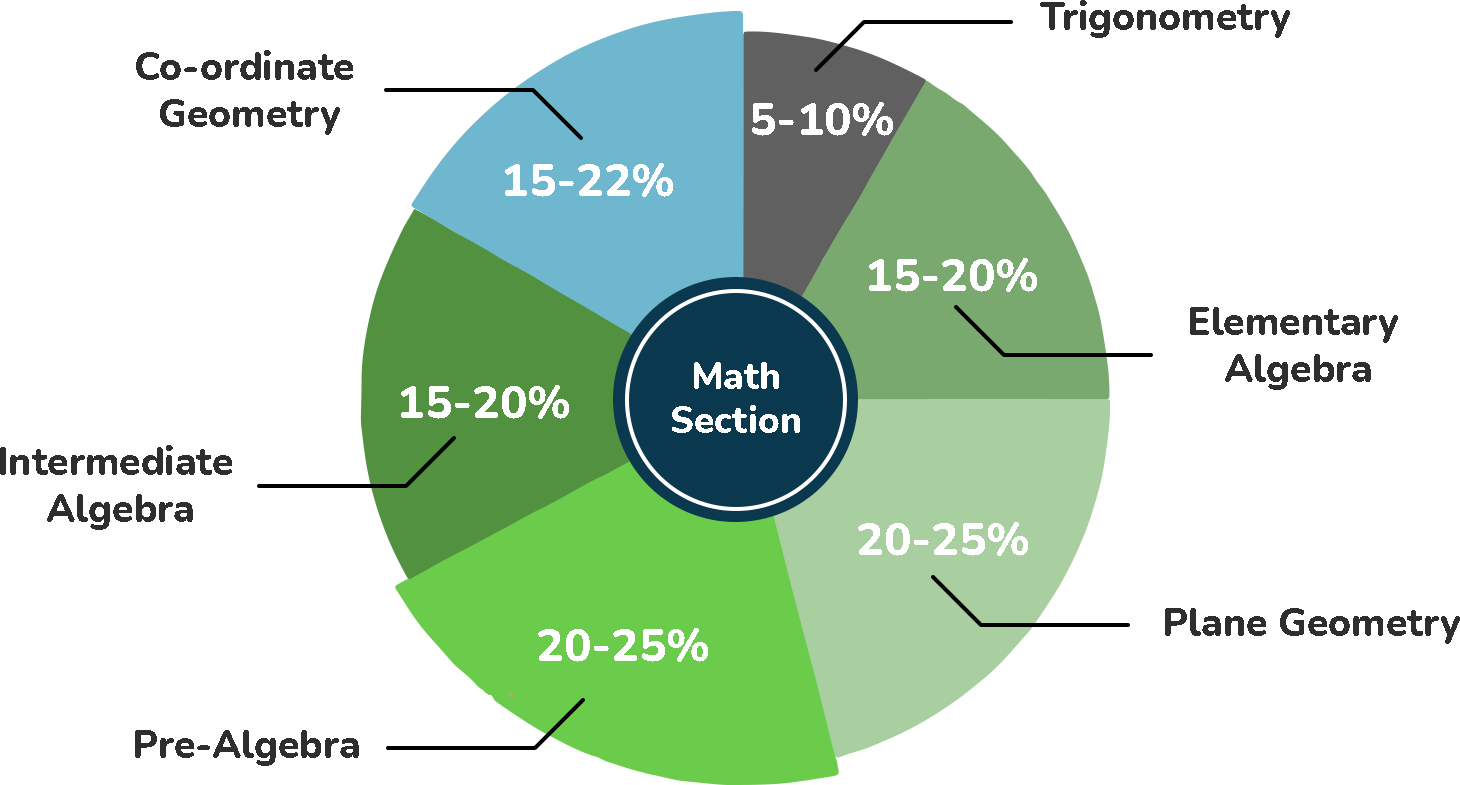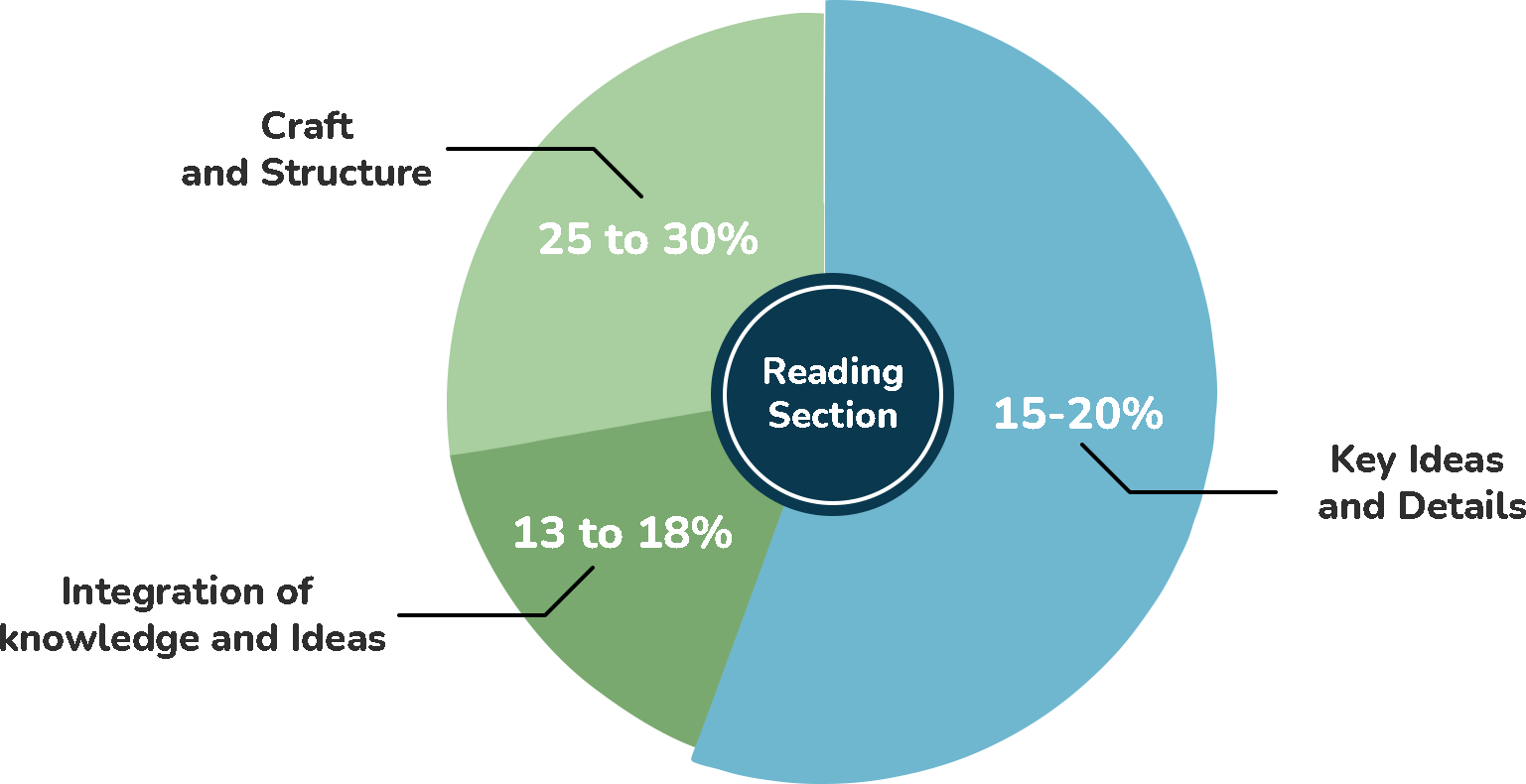ACT
Popular at IB Marvels: Comprehensive Test
ACT
The ACT preparation program is designed to help students maximize their scores in the key sections of the ACT: English, Math, Reading, and Science, with an option to prepare for the Writing test if interested.
Program Steps:
- Diagnostic Test: Assess strengths and areas for improvement.
- Test Evaluation: Create a personalized study plan.
- Sectional Practice: Focused practice for each ACT section.
- Full-Length Practice Tests: Timed practice exams.
- Score Review & Strategy: Analyse performance and adjust strategies.
- Final Review: Prepare for the final exam.
Course duration: 6 months
Enrolling period: October 2024
The validity of course is up to 1 year
What is ACT?
American College Testing, ACT is a standardized admission test designed for students aiming for higher education in countries like USA, UK, Canada, Germany, Italy or Singapore. Managed by ACT.org, this exam evaluates a student’s core competencies and analytical skills.
Key Features of ACT
- Science Reasoning Section: The ACT exam includes a Science section that assesses students’ abilities to interpret, analyze, and evaluate scientific data and hypotheses.
- Composite Scoring with Optional Writing: The composite score averages four subject areas (English, Mathematics, Reading, and Science), with the optional Writing Test scored separately.
- Straightforward Math Questions: The math section covers a broad range of topics and is generally more straightforward.
- Quick Pace: The ACT exam requires a quicker pace, making it advantageous for quick thinkers who can manage their time effectively under pressure.
Students aged 13 years or above, planning to pursue undergraduate education abroad can take the ACT exam, which is conducted six to seven times a year. The registration fee is USD 68 without the writing section and USD 93 with it.
Exam Structure
Subject | Questions | Passages | Questions per Passage | Time (minutes) |
English | 75 | 5 | 15 | 45 |
Mathematics | 60 | – | – | 60 |
Break (10 minutes) | ||||
Reading | 40 | 4 | 10 | 35 |
Science | 40 | 6 | 5-7 | 35 |
Writing (Optional) | 1 | – | – | 40 |
Content Breakdown
English Section
- 75 questions in 45 minutes
- This section includes 5 passages, each with 15 questions, focusing on English language usage and rhetorical skills.

Content | Topic | Testing Points | No. of Questions |
Usage and Mechanics | Punctuation | Understanding sentences and fragments; punctuating clauses; using commas, apostrophes, semicolons, dashes, and colons | 11 |
| Grammar and Usage | Verbs (subject-verb agreement); pronouns (agreement, relative pronouns, cases); adjectives, adverbs; idioms; word pairs and comparisons | 12 |
| Sentence Structure | Modifiers; transitions; parallel structure | 17 |
Rhetorical Skills | Strategy | Relevance of inserting, replacing, or deleting information; understanding the purpose of a passage | 12 |
| Organization | Transitions in opening/closing sentences; ordering sentences and paragraphs | 11 |
| Style | Redundancy and wordiness; diction and register | 12 |
Math Section
- 60 questions in 60 minutes
- This section evaluates students on six areas. Calculators are permitted for the entire section.

Content | Testing Points | No. of Questions |
Pre-Algebra | Number properties and operations; arithmetic word problems; fractions, decimals, percents; proportions and ratios; statistics | 12-15 |
Elementary Algebra | Expressing relationships; linear equations; evaluating or simplifying expressions; polynomials and exponents; simple quadratics | 9-12 |
Intermediate Algebra | Quadratics; exponents, radicals, and rational; inequalities and absolute value; formulas, functions, sequences; logarithms | 9-12 |
Coordinate Geometry | Plane properties; line equations; midpoints; distance and area calculations; graphs in the plane | 9-12 |
Plane Geometry | Lines and angles; triangles; polygons; circles | 12-15 |
Trigonometry | Triangle ratios; trigonometric functions and laws | 3-6 |
Reading Section
- 40 questions in 35 minutes
- The Reading section includes four passages: Prose Fiction (Literary Narrative), Social Science, Humanities, and Natural Science, with ten questions each.

Content | Testing Points | No. of Questions |
Key Ideas and Details | Central ideas; inference and detail-based questions | 22-24 |
Craft and Structure | Vocabulary in context; function questions; writer’s view questions | 10-12 |
Integration of Knowledge and Ideas | Analyzing the author’s argument; evaluating reasoning | 5-7 |
Science Section
- 40 questions in 35 minutes
- This section tests basic analytical skills across life, physical, and earth sciences.
Content | Testing Points | No. of Questions |
Data Representation | Scientific articles with charts and tables, requiring data interpretation | 12-16 |
Research Summary | Descriptions of experimental procedures, testing understanding of the scientific method and experimental design | 18-22 |
Conflicting Viewpoints | Competing explanations of scientific phenomena, evaluating models, inferences, and experimental results | 6-8 |
Writing Section (Optional)
- 1 essay in 40 minutes
- Although optional, the Writing section is recommended as many universities and colleges abroad prefer applicants to submit a Writing score. The essay is scored out of 12, with 8 and above generally considered good. This score does not contribute to the composite score.
Testing Points | % Breakup |
Ideas and Analysis | 25% |
Development and Support | 25% |
Language Usage | 25% |
Organization | 25% |
Why Choose the ACT?
ACT offers a unique STEM Score that highlights a student’s strengths in Science and Math-related fields, providing an advantage for those interested in STEM majors. Colleges, particularly in the U.S., place significant weight on ACT or SAT scores, which can influence up to half of admissions decisions. For international students aspiring to study in the U.S., UK, Canada, Germany, Italy, or Singapore, the ACT exam score is a critical component of the application process, demonstrating their potential alongside domestic candidates.
- College Admissions: ACT provides a standardized measure of academic achievement and college readiness, enhancing students’ admissions prospects.
- Scholarship Opportunities: High ACT scores can unlock scholarship opportunities, showcasing academic excellence.
- Highlighting Strengths: The comprehensive format, including the unique Science section, allows students to display their strengths across multiple subjects.
- Career Guidance: ACT helps students identify their academic strengths and weaknesses, guiding them in choosing suitable majors and career paths.
FAQS
To register for the ACT Exam, follow these steps:
- Visit the official ACT website at org.
- Create an account if you don't already have one.
- Log in to your account and select the "Register for the ACT" option.
- Choose your test date and location.
- Complete the registration form with your personal details.
- Pay the registration fee ($68 without the Writing section and $93 with the Writing section).
- Confirm your registration and print your admission ticket.
The ACT Exam is conducted six to seven times a year in India.
No, the Writing section is optional. However, many universities and colleges prefer applicants to submit a Writing score.
The ACT is scored on a scale of 1 to 36. Each of the four main sections (English, Math, Reading, and Science) is scored individually, and the composite score is the average of these four scores. The optional Writing section is scored separately on a scale of 2 to 12.
The students could miss up to three questions in English, two in Math, one in Reading, and two in Science (eight total) and still get a max ACT score of 36.
Opting for the ACT Writing Test can be advantageous if students want to highlight their writing skills. Nonetheless, it's crucial to consider this option in light of the personal strengths, preparedness, and particular requirements of the colleges the student is applying to.
Yes, you can use a calculator for the entire Math section. However, ensure that your calculator meets the ACT's requirements and is on the approved list.
On test day, you should bring:
- Your admission ticket.
- A valid photo ID.
- An acceptable calculator.
- Several No. 2 pencils with good erasers.
- A watch (without an alarm) to keep track of time.
- Snacks and water for the break.
If you need to reschedule your test date, log in to your ACT account and select the option to change your test date. Note that there may be a fee for rescheduling.
Choosing between the SAT and ACT depends on several factors:
- Content and Format: The ACT includes a Science section and more straightforward math questions. The SAT focuses more on evidence-based reading and writing and complex math questions.
- Test Timing: The ACT is known for its fast pace, requiring quicker responses. The SAT allows slightly more time per question.
- Scoring: Both tests are widely accepted by colleges, so consider taking practice tests for each to see which one suits your strengths better.
- College Requirements: Some colleges may prefer one test over the other, but most accept both. Check the requirements of the colleges you are interested in.
- Personal Preference: Your comfort with the test format and content areas should guide your decision.
Ready to unlock your potential with us?
Join us today and discover the power within you to achieve excellence
